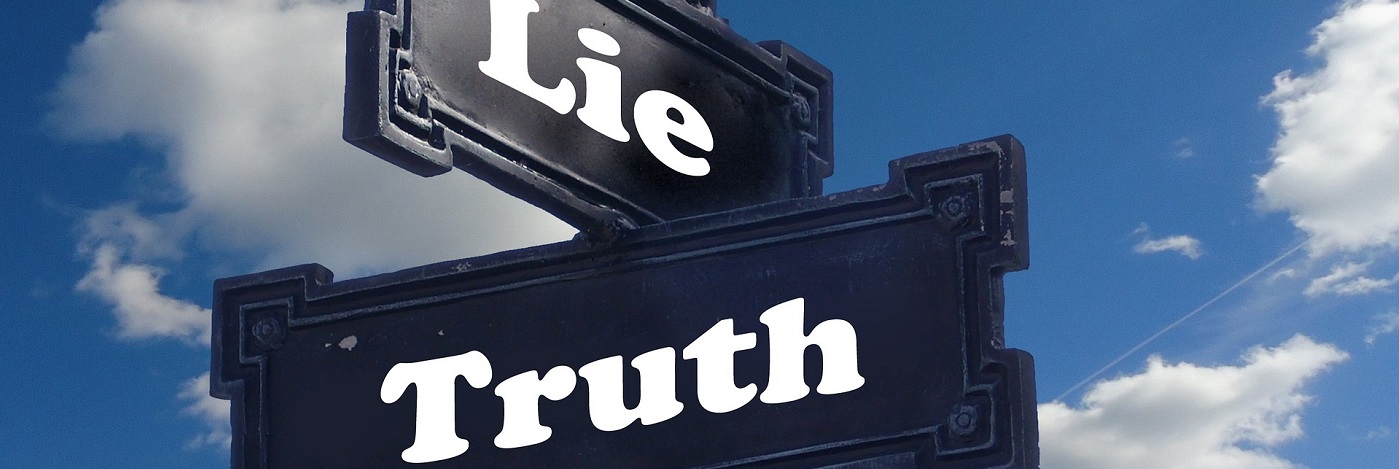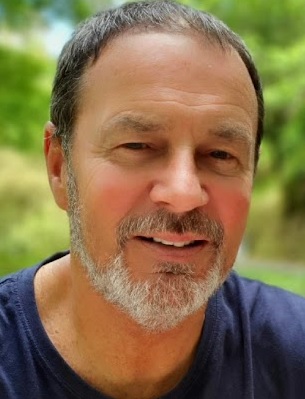
Like all kids, my life seemed like an endless series of epiphanies – the curtain is drawn open and something new is learned, often with startling effect.
I’d like to think these moments embedded themselves as a kind of street map that guided this intrepid self through life.
Part of that is trying, often with struggle, to maintain that wide-eyed wonder that allowed the curtain to open at all, but then, through life, allow new ideas and the possibility that early lessons might need a touch of revision from time to time.
I was reminded of this when reading Kim Mcbreen’s recent article in E-Tangata, titled “There’s a fine line between appropriation and respect”.
The article was actually about the misuse and appropriation of Māori tikanga, but a sentence struck me as an epiphany: “If the tikanga is severed from its mātauranga, it has been appropriated.”
As a Pākehā Kiwi I don’t ever wish to misappropriate tikanga, but I understand that tikanga means “Māori customary practices or behaviours” coming from the word “tika”, which means “right” or “correct”.
Given that mātauranga is about knowledge and knowing, it’s reasonable to say that practices and behaviours should always be guided by some shred of understanding.
It seems to me that these notions are much better understood, and more certainly based, within the traditional Māori world view than it is in the Western purview. Add to this the modern phenomenon of digital (mis)information and social media, and we now see widespread ideas that are not at all based upon knowledge and knowing, but rather on woolly conjecture, at best, and deliberate lies, at worst.
This especially comes to mind as this country struggles with the aftermath of Cyclone Gabrielle, while still reorientating after a global pandemic. How our communities rebuild, physically and emotionally, is both a challenge and an opportunity to draw on shared knowledge and knowing in such a way that clarity emerges from disruption and confusion.
Chief among that must surely be the planning (and rebuilding) of our towns and cities so they are more resilient and better able to contribute positively to the lives of all citizens in terms of liveability, well-being, connectedness and opportunity, etc.
How that might work is the subject of intense discussion, both here and around the world. For example, many urban designers promote the concept of the 15-minute city/town. In essence it is an urban planning concept where neighbourhoods provide residents with the basic things they need – shops, schools, parks, leisure options, health care – within a 15-minute radius by foot or bike.
Urbanist and Vancouver’s former chief planner, Brent Toderian, has recently observed that: “We used to have 15-minute cities as the norm. They were called good neighbourhoods, where you didn’t have to get into a car for everything.”
He goes on to say: “From mid-last century, cities have largely been planned around cars, at the expense of walking and biking, which has often resulted in car dependency and urban sprawl.”
Does this seem to make sense, based on an understanding of the issues? Well, apparently not to the conspiracy theorists and misinformation mills.
A recent ABC News story included the following:
“To some, it’s an urban planning concept [15-minute city/town] that promotes sustainable and healthy living. To a small group of others, it’s a plot by ‘tyrannical bureaucrats’ to take our cars and control our lives, which could lead to a real-life Hunger Games scenario.”
After outlandish claims about lizard people, 5G and Covid-19 vaccines, conspiracy theorists are now targeting the world of urban planning, with protests against the 15-minute city/town concept springing up around the globe.
I could rest my case based on a plea for practices based on sound knowledge. But it seems we need to start with a plea for some plain old sanity and truth.
 You can contact Fraser here.
You can contact Fraser here.
Fraser Carson is the founding partner of Wellington-based Flightdec.com. Flightdec’s kaupapa is to challenge the status quo of the internet to give access to more reliable and valuable citizen generated content, and to improve connectivity and collaboration.
Flightdec websites include: KnowThis.nz, Issues.co.nz and Inhub.org.nz.
OTHER POSTS
LATEST POSTS
- Fear breeding fear, fear and more fear
- Poor official communications fuel misinformation
- Cultural infrastructure could be our saviour
- Four-storey blocks coming as developments fast-tracked
- The world’s therapist offers little hope for global ills
- Modern conservatism the quiet killer
- However bad it might get, keep smiling
- AI is coming, ready or not
- Arise King Brown of the Kingdom of Auckland
- Rebuilding should draw on mātauranga
- Brown hits the fan as water levels rise
- When small stuff becomes really big stuff
- Unfettered lies and misinformation threaten us all
- Misinformation, crime and political shenanigans
- A vote for me is a vote for nothing
- Enduring the tough life of homelessness
- A time to reflect on local politics
- It takes a village to raise a child
- Reclaiming lost traditions
- A test for democracy at Ōtaki College
